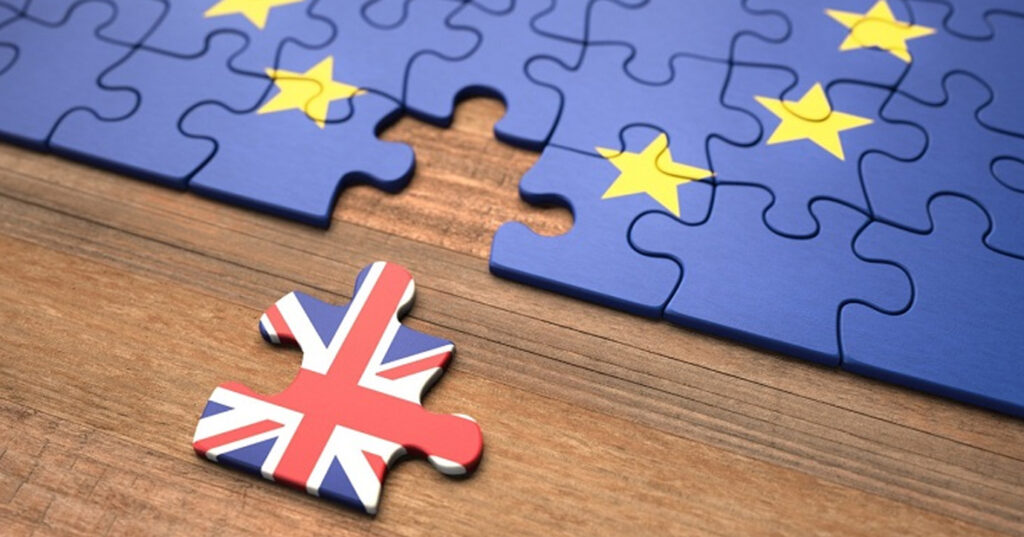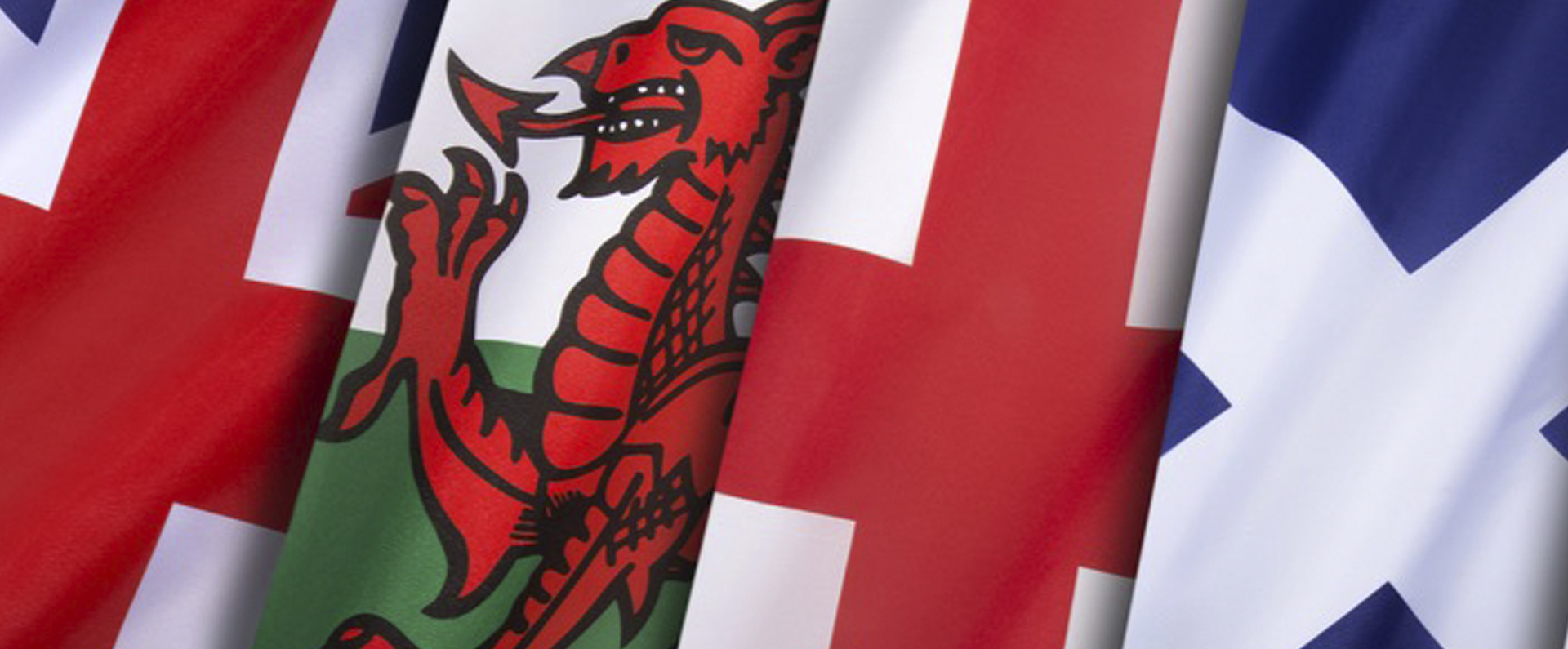
THE European Parliament elections are just weeks away (you can feel the excitement, can’t you?) And depending whether the Tories are returned to office next May, we are perhaps three years from an in-out EU referendum.
Yet despite the politicians’ furious wrangling, huge numbers of people don’t know what to think about our relationship with Europe.
My latest research, involving a poll of more than 20,000 people, shows Britain is split down the middle. Four in ten want Britain to stay in the EU — the same number as want to leave. One in five don’t know.
There is no shortage of complaints. Most people think other countries seem to get more out of the Union than we do. Many associate the EU with excessive immigration, unnecessary rules and regulations, and paying for other countries’ economic problems. People see an upside, too: free trade, unrestricted travel and better relations between European countries.
And with an uppity Russia on Europe’s borders, many feel safer as part of a team.
But on some of the biggest questions people are uncertain. If we left, would we be able to do as much trade with Europe or would we suffer from being out of the club?
Britain is divided on these things, and large numbers don’t know what to think. Three in ten can’t decide whether being a member gives us more clout when dealing with China or the USA, or less.
Many like David Cameron’s plan to negotiate better terms for Britain.
The trouble is, three-quarters of them doubt it will work. Most of the pessimists think other countries will not be prepared to make concessions to Britain however well the PM argues the case.
Others question his ability to persuade or think he wants Britain to stay in the EU regardless.
But those who say the whole country is clamouring for a referendum are wrong. Some, certainly, think it is the greatest question of our time.
But even among the most hostile voters, only a third put Europe among the most crucial issues facing the country.
That is why Cameron’s “negotiate and decide” policy will please some voters but won’t win the election all by itself.
Many people say they don’t know enough to make such a fundamental choice about Britain’s future. Two-thirds think what happens in the European Parliament matters to Britain, but three-quarters have hardly a clue what goes on there.
They do not feel in a position to decide. Part of the problem is that sceptics think the EU appeals most to a remote and privileged few, while many pro-Europeans think their opponents are narrow-minded and jingoistic.
To everyone else, it seems a noisy argument in which facts are hard to come by and most of the participants seem more than a bit bonkers. As someone in our research told us, “I don’t want to be the sort of person who has views about Europe”.
Many are not even sure where the parties stand. Only just over half think most Labour and Liberal Democrat politicians want to stay in the EU. But only four in ten say the same of the Tories — three in ten say they seem to want to leave, while the same number don’t know what their position is.
For now, the sceptics are making the running.
My polling shows people will want to be reassured about our prospects outside the EU before making the leap — and that the better-off-outers in particular need to take care not to sound too batty.
The pro side, meanwhile, seem hesitant about their case. Fear of the unknown is their greatest ally, but many voters want to hear more than a defensive message that Britain can’t survive alone.
This debate is not over by a long way.



